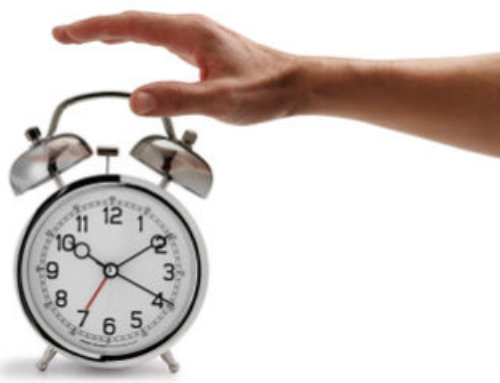CONTACT: Doug Dusik, 630-737-9700 ext. 9345, ddusik@aasm.org.
DARIEN, IL – The quality of interactions among married couples is affected by wives’ inability to fall asleep at night, but not by husbands’ sleep problems, suggests new research that will be presented Monday, June 13, at SLEEP 2011, the 25th Anniversary Meeting of the Associated Professional Sleep Societies LLC (APSS).
Results show that, among wives, taking longer to fall asleep at night predicted their reports of more negative and less positive marital interactions the next day, and it also predicted their husband’s reports of less positive marital interaction ratings the following day. In contrast, husbands’ sleep did not affect their own or their wife’s report of next day’s marital interactions.
“We found that wives’ sleep problems affect her own and her spouse’s marital functioning the next day, and these effects were independent of depressive symptoms,” said principal investigator Wendy M. Troxel, PhD, assistant professor of psychiatry at the University of Pittsburgh School of Medicine in Pittsburgh, Pa. “Specifically, wives who took longer to fall asleep the night before reported poorer marital functioning the next day, and so did their husbands.”
The relationship between nightly sleep and next day’s marital interactions was stronger than the association between daily marital interactions and subsequent sleep. Curiously, however, husbands’ reports of higher levels of positive marital interactions predicted their own shorter sleep duration the next night.
The study involved 32 healthy, married couples with an average age of 32 years. Participants were free of clinically relevant sleep, psychiatric or medical disorders. Sleep latency, wakefulness after sleep onset, and total sleep time were measured by actigraphy for 10 nights. The quality of marital interactions was assessed daily over the 10-day assessment using electronic diaries to evaluate positive marital interactions such as feeling supported or valued by spouse, as well as negative marital interactions such as feeling criticized or ignored by spouse. Dyadic, time series analyses helped determine the direction of the relationship between sleep and marital interactions.
According to the authors, the findings show that sleep disorders such as insomnia can have a negative impact on marital relationships.
“These results highlight the importance of considering the interpersonal consequences of sleep and sleep loss,” said Troxel.
The study was supported by the National Institutes of Health through the National Heart, Lung, and Blood Institute; and the Clinical & Translational Science Awards.
The SLEEP 2011 abstract supplement is available for download on the website of the journal SLEEP at https://www.journalsleep.org/ViewAbstractSupplement.aspx.
In previous studies, Troxel found that the stable presence of a husband or cohabiting partner predicted better sleep quality and continuity in women (SLEEP – July 2010); and women who were happy in their marriage reported fewer sleep disturbances (Behavioral Sleep Medicine – 2009).
A joint venture of the American Academy of Sleep Medicine and the Sleep Research Society, the annual SLEEP meeting brings together an international body of more than 5,000 leading clinicians and scientists in the fields of sleep medicine and sleep research. At SLEEP 2011 (www.sleepmeeting.org), more than 1,000 research abstract presentations will showcase new findings that contribute to the understanding of sleep and the effective diagnosis and treatment of sleep disorders such as insomnia, narcolepsy and sleep apnea.
Abstract Title: Sleepless nights and marital strife? Examining the bidirectional links between nightly sleep and daily marital interactions
Abstract ID: 0922
Presentation Date: Monday, June 13, 2011
Presentation Type: Poster – #158
Presentation Time: 11:30 a.m. – 12:30 p.m.
###








